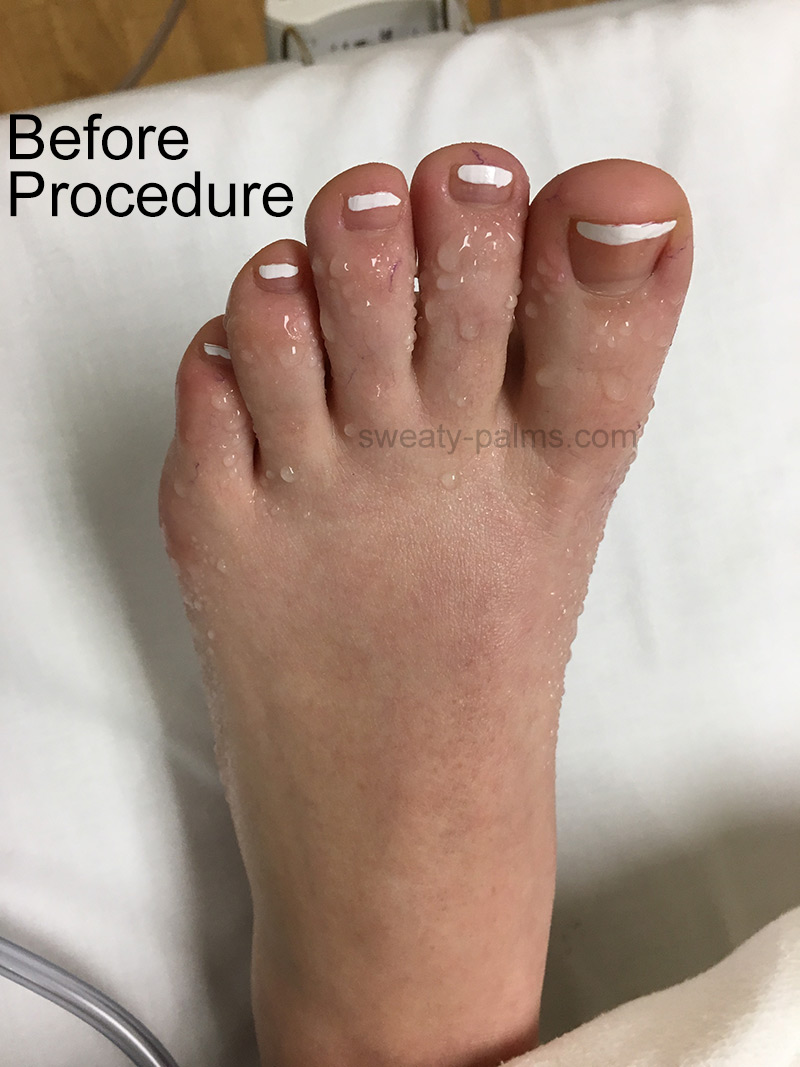Comprehending the Origin Causes of Excessive Sweating and Its Influence On Day-to-day Live
While it is commonly understood as a physical feedback to manage body temperature level, the triggers for too much sweating can differ commonly among people, encompassing not only physical aspects yet psychological and also emotional components. By diving into the root creates of hyperhidrosis and exploring its multifaceted results, a deeper understanding of this pervasive problem can be gained, shedding light on the intricacies that individuals grappling with excessive sweating browse on a daily basis.
Physiology of Sweat Glands
The regulation of sweat manufacturing, a vital physiological procedure, is mostly controlled by the task of sweat glands dispersed across the body. Sweat glands are classified into 2 main kinds: eccrine and apocrine glands. Eccrine glands are the most many and are found in mostly all areas of the body. They play an essential function in thermoregulation by producing a watery fluid onto the skin's surface area, which evaporates and assists cool down the body down. On the other hand, apocrine glands are focused in locations rich in hair roots, such as the armpits and groin, and their secretions are thicker and milky in look.
When the body temperature level rises, either because of exercise, high temperatures, or psychological stress, the anxious system causes the sweat glands to create sweat. This sweat is made up mainly of water and electrolytes like sodium and chloride. The procedure of sweat manufacturing is important for preserving the body's interior temperature level within a slim, optimal range, highlighting the important duty gland play in human physiology.
Triggers for Excessive Sweating
In understanding the source of extreme sweating, it is critical to identify the triggers that can lead to this physiological reaction. Extreme sweating, likewise called hyperhidrosis, can be motivated by numerous variables, both environmental and physical. One usual trigger is emotional stress or anxiety, which can stimulate the body's sweat glands to produce more sweat than is necessary for cooling. Physical physical effort, high temperature levels, and spicy foods are additionally recognized to cause too much sweating in people susceptible to this condition. Particular clinical conditions like diabetes mellitus, hyperthyroidism, or menopause can add to excessive sweating as well.
Additionally, drugs such as some antidepressants, opioids, and particular supplements can likewise act as triggers for hyperhidrosis. Recognizing these triggers is necessary in managing too much sweating successfully - Treatment for hyperhydrosis of hands and feet. By determining and dealing with the details triggers that trigger too much sweating in an individual, doctor can develop individualized therapy plans to relieve this condition and enhance the person's high quality of life
Medical Issue Associated
Connected with extreme great site sweating are numerous medical conditions that can aggravate this physiological reaction. One usual condition is hyperhidrosis, a disorder defined by extraordinarily enhanced sweating that surpasses the body's thermoregulatory demands. This can manifest in focal areas like the hands, soles, underarms, or face, influencing an individual's lifestyle because of social shame and pain.
Additionally, endocrine disorders such as hyperthyroidism, diabetes, and menopausal warm flashes can additionally lead to too much sweating. Hyperthyroidism creates an overproduction of thyroid hormones, accelerating metabolic rate and activating sweating.
Furthermore, infections like endocarditis, tuberculosis, and hiv have actually been related to night sweats, an usual sign known to interfere with sleep and affect general well-being. These clinical conditions highlight the varied series of underlying elements that can add to extreme sweating, necessitating detailed examination and management by medical care experts.
Psychological and Mental Factors

Effect On Social Communications
Excessive sweating can have extensive results on an individual's capacity to engage easily in social interactions. The visible indicators of sweat stains or wet spots on clothing can bring about embarrassment and self-consciousness, triggering people to withdraw from social circumstances. This withdrawal can influence relationships, limitation social activities, and impede professional and personal development.

Furthermore, why not try this out the stress and anxiety and self-worth concerns stemming from excessive sweating can impact communication and interpersonal skills. People might battle to concentrate on discussions, participate in group activities, or express themselves confidently. This can lead to feelings of isolation and loneliness, as social connections become challenging to maintain.
Conclusion

While it is commonly recognized as a physical action to control body temperature, the triggers for excessive sweating can differ commonly among people, incorporating not only physical elements but additionally emotional and psychological elements. By diving into the origin triggers of hyperhidrosis and exploring its multifaceted results, a deeper understanding of this prevalent problem can be acquired, losing light on the intricacies that individuals grappling with too much sweating navigate on a daily basis.
Physical effort, high temperatures, and spicy foods are additionally understood to trigger too much sweating in individuals vulnerable to this condition. By recognizing and attending to the specific triggers that motivate excessive sweating in a specific, health care providers can create customized therapy plans to relieve this condition and boost the individual's top quality of life.
Excessive sweating can have extensive effects on an individual's capacity to engage easily in social interactions.
Comments on “How to Stop Sweaty Hands: Expert Dermatology Recommendations for Managing Excessive Sweating”